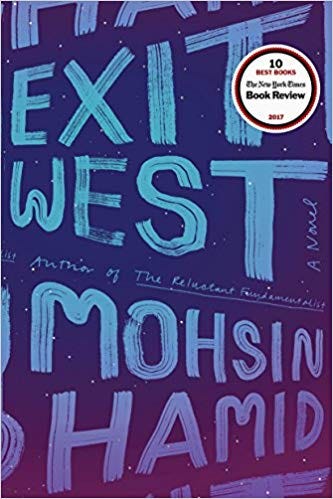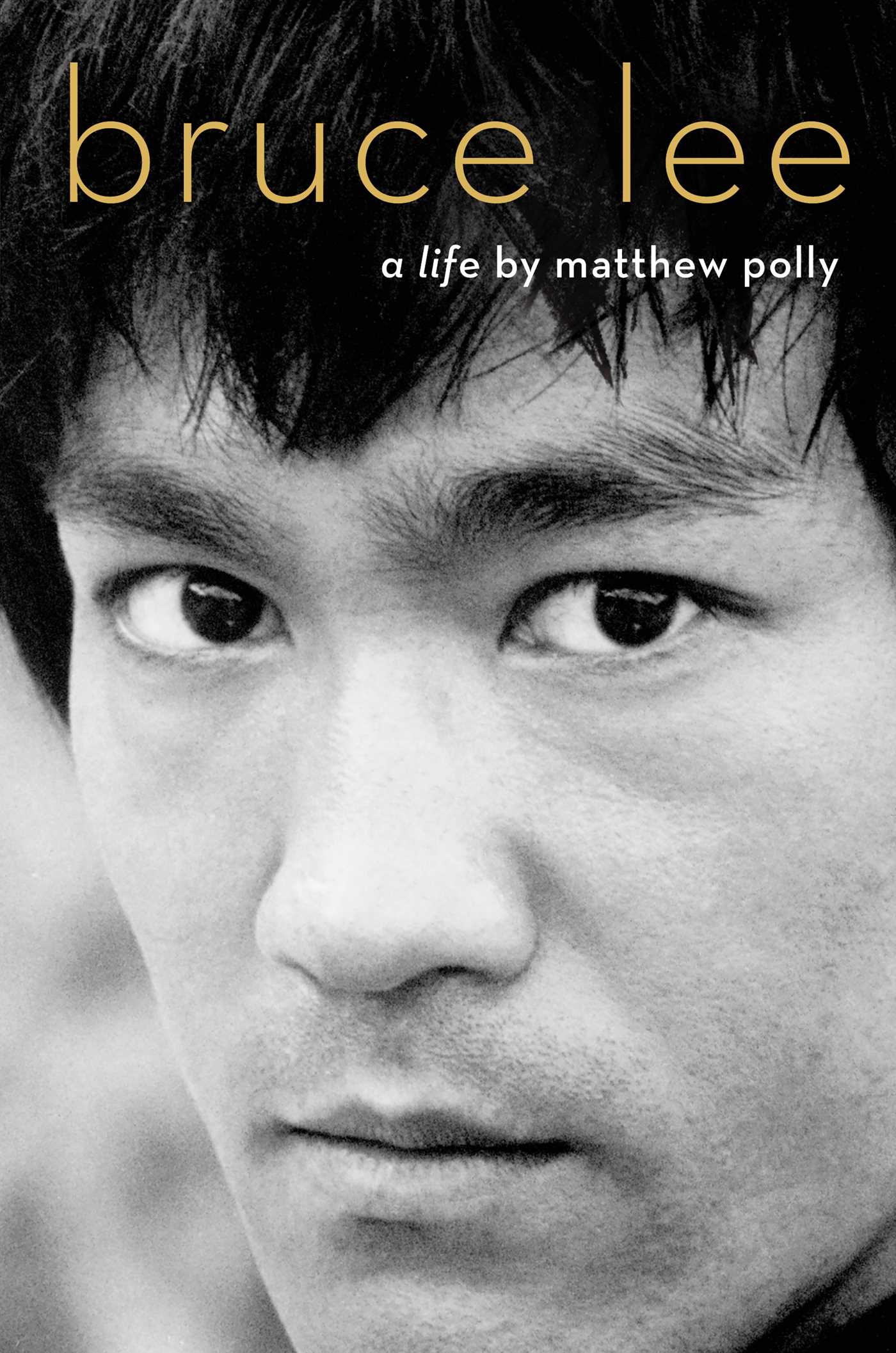What I'm Reading (No. 38): Exit West + the kung fu master
This week I finished the short, poetic, and haunting Exit West, as well as a new, fantastic Bruce Lee biography. Let's get right into it.
Exit West by Mohsin Hamid

Published: 2017
Pages: 226
"Everyone migrates, even if we stay in the same houses our whole lives, because we can't help it. We are all migrants through time."
A few years back over the course of a single flight from Denver to Seattle I read Hamid's The Reluctant Fundamentalist and really enjoyed it. The main character is a Pakistani man who'd been living in NYC at the time of the attacks, and understandably has his world turned upside down. The setting is a cafe in Lahore, and it's basically a monologue of the Pakistani man telling his story to an unwitting and uncomfortable American. That doesn't sound exciting, I know, but it reads quickly and poetically.
Fast forward to just a couple months ago. I had seen Exit West on basically all of last year's "Best of 2017" lists, so I was aware of it and snatched it up when the Kindle version went on sale, not knowing what it was about or anything of the author (or so I thought). It wasn't until I started reading that I realized it was the same Hamid I had read before.
And as before, I thoroughly enjoyed the story and the melodic, almost song-like writing.
In this novel, Nadia and Saeed (a nod to Lost, right?!) are young adults living in an unnamed Middle Eastern country that's on the brink of Civil War. A classic young-love romance ensues, but the city around them is being blasted to bits, rendering their trysts harder to come by, though also in some ways more exciting: "The end of the world can be cozy at times."
And then Hamid introduces a singular fantastical element to the story: Nadia and Saeed can escape their city via any number of secret, guarded doors that open up to locations around the world. They first end up in a refugee camp in Greece, and then London, and ultimately the California coast.
The plot is a simple one really: what happens to a young couple when they're forced from their home and country, and try to build new lives as outsiders and refugees? Beyond that, what sort of connection remains to that home — and mostly destroyed city — that they've left? Hamid relates that "the farther they moved from the city of their birth, through space and through time, the more [Saeed] sought to strengthen his connection to it."
As with The Reluctant Fundamentalist, it's an eye-opening read. I'll say at the forefront that it's not exactly happy reading, but not all the way sad either. Hamid conveys the realities of the refugee experience in a way that I've not encountered before, even if not in a fully realist way (with the magical doors and what not, though again, that's the only non-"real" story device).
Highly recommended reading for all.
A few weeks back, a reader of this newsletter also recommended to me Hamid's How to Get Filthy Rich in Rising Asia. It's been added to my list. Anyone else read Hamid's work?
Bruce Lee: A Life by Matthew Polly

Published: 2018
Pages: 500
Perhaps surprisingly, Bruce Lee only acted in a small handful of movies during his adult career, and just a couple of those were true box office and critical hits at the time. And yet, his influence on our culture is much larger than his actual cinematic resume. As first-time biographer Matthew Polly notes, without Bruce Lee's innovative system of mixed martial art and fighting techniques, we wouldn't have modern day Jason Bourne and James Bond characters who are adept not only with their guns, but their hands and fists too.
Bruce Lee comes across as sort of the Muhammad Ali of kung fu. He's brash and extremely self-confident, and also enormously, preternaturally talented at his trade. But there wasn't a sporting, competitive avenue to kung fu fame back in the '60s like there was with boxing. So Bruce took his martial arts to Hollywood, becoming a trainer to the stars (James Coburn, Steve McQueen, and other megastars of the day), and eventually becoming a star himself.
And then, right as Lee was on the cusp of really making it big, he died of a cerebral edema while in Hong Kong at the age of 32. While the cause of that edema is officially undiagnosed, Polly makes a convincing case for what really caused it (I'll let you read the book for that one).
Polly had written a couple memoirs before this, so he had some writing chops under his belt. When he discovered, to his surprise, that no true authoritative biography of Bruce Lee existed, he decided to do it himself. And the result, from a writing and storytelling perspective, is quite impressive. There's no tedium or unneeded repetition. There's enough backstory and family background, but not too much. There's certainly admiration for his subject, but not idolizing, and there's plenty of discussion of Bruce's flaws. Plus, it reads incredibly easily without being shallow. That's one of the hardest balances for an author to find — especially in the biography genre.
This will be, for a long time coming, the definitive work on Lee's life. And I'm hoping Polly will continue to find worthwhile, but under-served subjects to write about.
If you're into Hollywood stories, Asian culture, or have a general interest in Bruce Lee, this book is a must-read.
What have you been reading this week? I'd love to hear. And thank you, as always, for allowing me some precious space in your inbox.
-Jeremy

